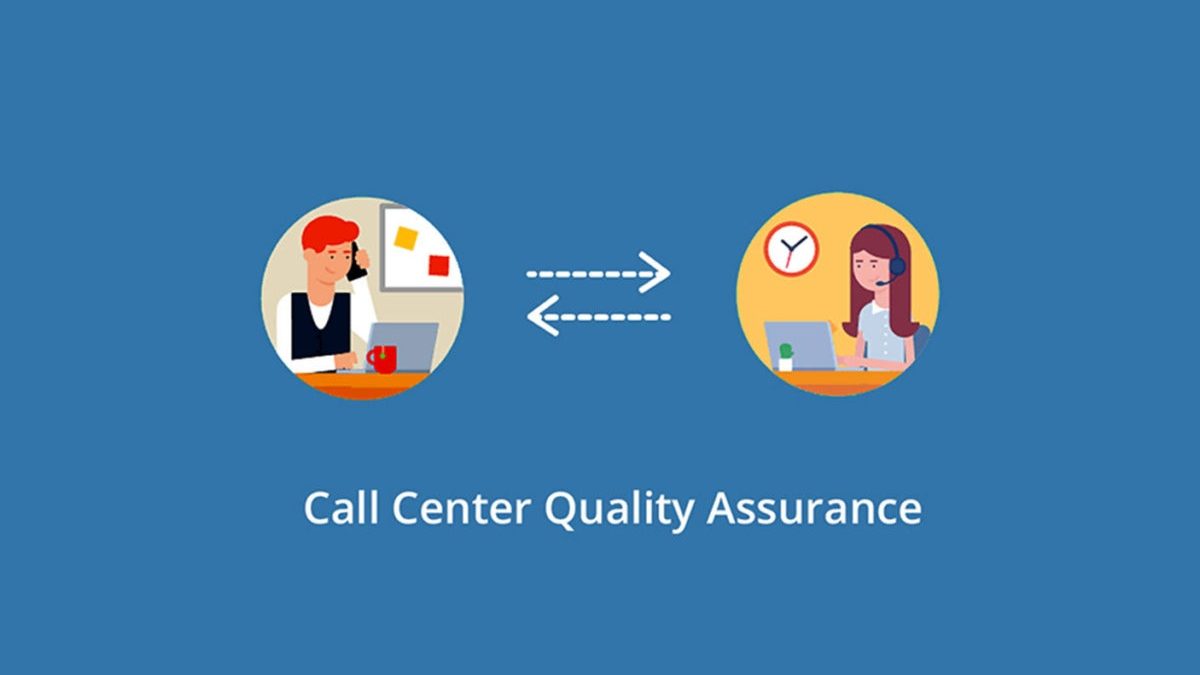In today’s politically correct customer service field, good experiences are no longer enough to capture customer attention; they have become a necessity. Achieving such standards is largely dependent on building an advanced system of KPIs, such as call center quality assurance best practices that go beyond conventional procedures.
The rules of the game have clearly been altered. People in the current era expect to acquire truthful responses instantaneously. Corporations that use old-school quality assurance methodologies- ad hoc, consulting after the event, qualitative assessment are struggling to live up to their expectations.
Table of Contents
Breaking Free from Traditional Limitations
Traditional best practices for quality assurance in call centers have three key flaws. To begin with, there is the issue of sampling. It is concerning to only get at most 5-10% of the calls evaluated while the rest of the interactions are left ignored. The second is that feedback is provided too late. In other words, a coach gets to work with an agent only after the call ends or even long after. The third lesson describes the vice of human decision-making. Different analysts may score similar interactions differently, owing to the biased view each of them had.
Embracing a Real-Time Revolution
Forward-thinking organizations are implementing modern call center quality assurance best practices centered around real-time monitoring and feedback. This approach transforms QA from a retrospective exercise into a proactive system that empowers agents during live interactions.
Real-time QA provides instant alerts when agents miss compliance statements, customer sentiment shifts, or script deviations occur. This allows for immediate course correction, transforming potential negative experiences into positive ones before the call concludes.
Key Elements of Modern QA Success
Effective call center quality assurance best practices in 2025 incorporate several critical components:
- Clear, measurable goals aligned with business objectives
- Multi-metric evaluation encompassing compliance, resolution rates, and qualitative factors
- AI-powered automation that monitors 100% of interactions
- Instantaneous feedback delivered during calls rather than after
- Consistent evaluation standards applied equally across all agents
- Data-driven coaching tailored to individual agent needs
This comprehensive approach creates a continuous feedback loop where agents constantly improve through real-time guidance, not just periodic reviews.
Measurable Impact on Customer Satisfaction
Organizations implementing these advanced call center quality assurance best practices report dramatic improvements. For example, healthcare provider Redirect Health saw compliance scores jump from 60-80% to 93-95% after implementing real-time QA, with corresponding NPS improvements to 65-70.
Building a Culture of Excellence
Undoubtedly, the most vital start is the implementation of best practices in today’s call center quality assurance, which entirely changes the existing contact center climate. Instead of promoting a policy of extreme oversight, Real Time QA acts as a shield that helps enhance the self-assurance of the agents. The agents can now concentrate on doing excellent work as they understand that they can depend on the people who have their back in awkward situations.
Due to the removal of bias during the appraisal phase and giving objective and reliable feedback, these best practices give each agent an opportunity to work better. And more standards are to be revised; consider the correlation fostered in terms of the operating practices of the contact center and the value the latter brings to its clients.
In today’s competitive landscape, implementing effective call center quality assurance best practices isn’t just about meeting standards—it’s about creating your organization’s most powerful competitive advantage.

